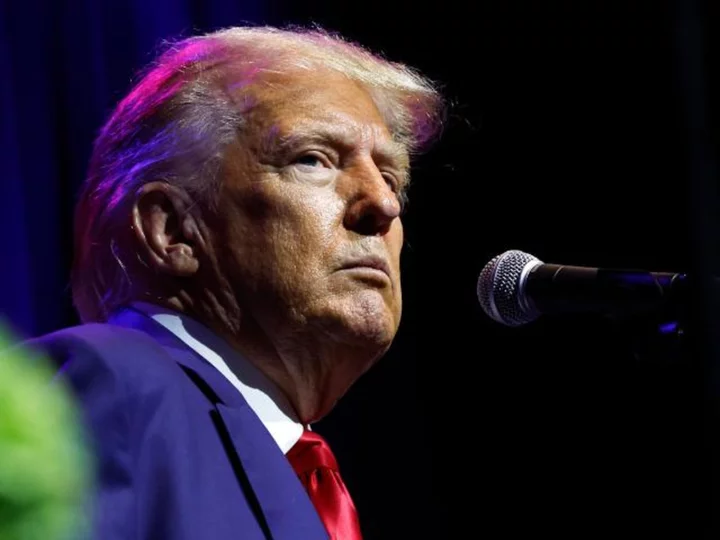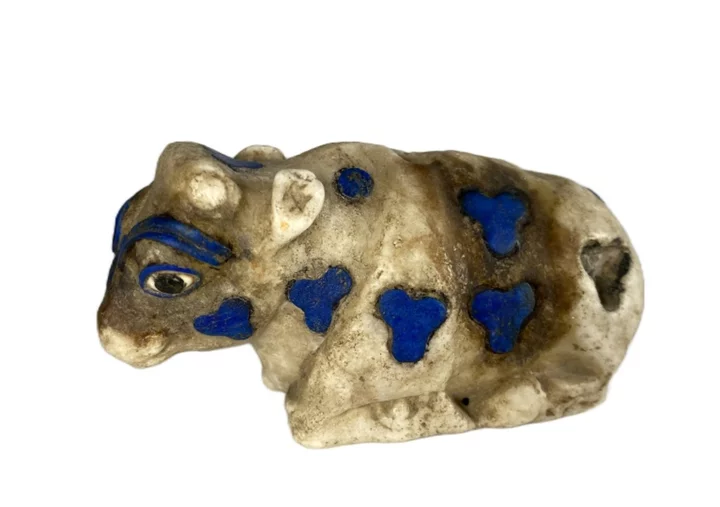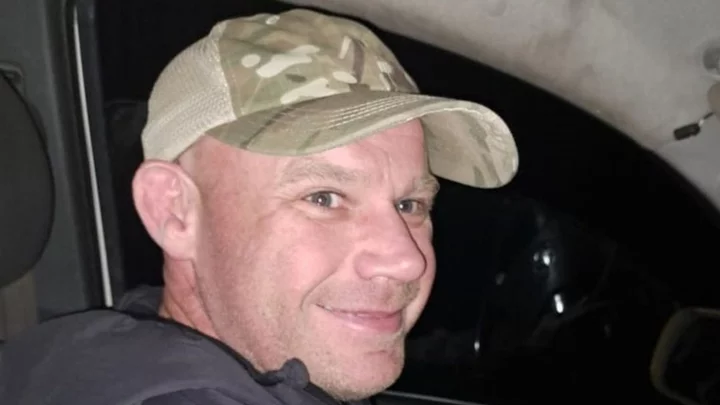Nearly a dozen Republican-appointed former judges and high-ranking federal senior legal officials on Monday endorsed the January 2, 2024, trial date proposed by special counsel Jack Smith in his 2020 election interference criminal case against Donald Trump.
The amicus brief was submitted to the United States District Court for the District of Columbia as a project of the Democracy 21 Education Fund in the January 6, 2021, case against Trump. It comes as the former president and his team look to push the case until after the election, though the final decision on a trial date will come down to presiding Judge Tanya Chutkan. Her decision is likely to come by the end of this month.
The brief, which stresses a speedy trial is in the American public's interest, amounts to a considerable rebuke of Trump's legal team's calls for the proceedings to be drawn out. The Republican credentials of its authors fly in the face of the former president's repeated argument that his trial's timeline is a partisan exercise against him.
"There is no more important issue facing America and the American people -- and to the very functioning of democracy -- than whether the former president is guilty of criminally undermining America's elections and American democracy in order to remain in power notwithstanding that the American people had voted to confer their power upon the former president's successor, President Joseph Biden," reads the brief by 11 prominent Republican legal experts.
"Nothing less is at stake than the American experiment in democracy and democratic government that began with our nation's founding almost two hundred and fifty years ago."
Among those who signed onto the brief are Alberto Gonzales, a former attorney general of the United States and counsel to the president in the George W. Bush administration, and J. Michael Luttig, a retired federal appellate judge who counseled then-Vice President Mike Pence about his duties certifying the 2020 election. Luttig, a former judge on the 4th US Circuit Court of Appeals who is considered a Republican legal heavyweight, has become increasingly outspoken in his criticism of Trump and the GOP.
The brief cites the Speedy Trial Act in arguing that Smith's proposed date is "reasonable" while also accounting for "the American public's interest in a prompt resolution of this profoundly important case."
It also argues that Smith's proposed timeline "respects and serves the former president's own interest in a speedy trial."
Trump pleaded not guilty earlier this month to four criminal charges related to his efforts to overturn the 2020 presidential election. Smith, in his proposal filed Thursday, said presentation of evidence in the trial would take "no longer than four to six weeks," meaning that Trump may need to spend his weekdays in court before a jury in the crucial first two months of a presidential election year and as primary voting begins for Republicans. The Iowa caucuses are scheduled for January 15.
Trump, objecting to the proposal in a Truth Social post, said any trial in the cases against him should take place, "if at all," after the presidential election, "due to my First Amendment Rights." He described the indictments as "election interference."
The authors of the amicus brief argue that Smith's case "should be straightforward, presenting little just cause for delay beyond the government's proposed schedule and trial date."
The brief adds, "The former president is entitled to this speedy trial as a matter of law. He is not entitled to an unjust delay in his trial to serve his purely personal and political interests in the delay of his trial."
The authors will need permission from Chutkan to include their submission in the record as an outside party to the case.
In addition to Gonzalez and Luttig, the authors include: Steven Calabresi, a co-founder of the Federalist Society; former Massachusetts Gov. Bill Weld; former high-ranking Justice Department officials Stuart Gerson, Don Ayer and Jonathan C. Rose; Paul Rosenzweig, a former deputy assistant secretary for policy in the Department of Homeland Security; former George W. Bush administration chief ethics lawyer Richard Painter; former New Jersey Attorney General John Farmer; and Stan Twardy, a former US attorney for the state of Connecticut.









